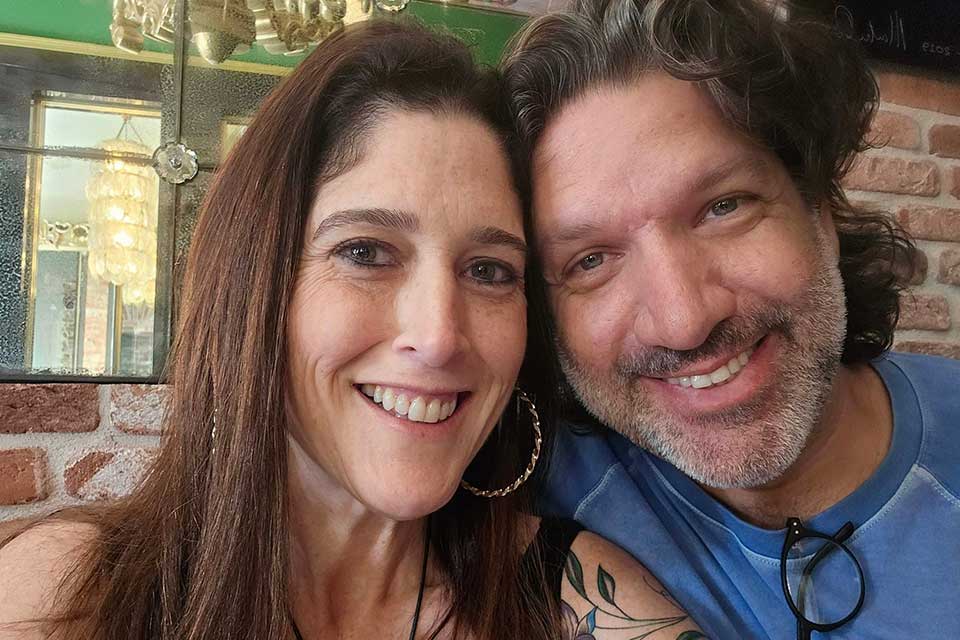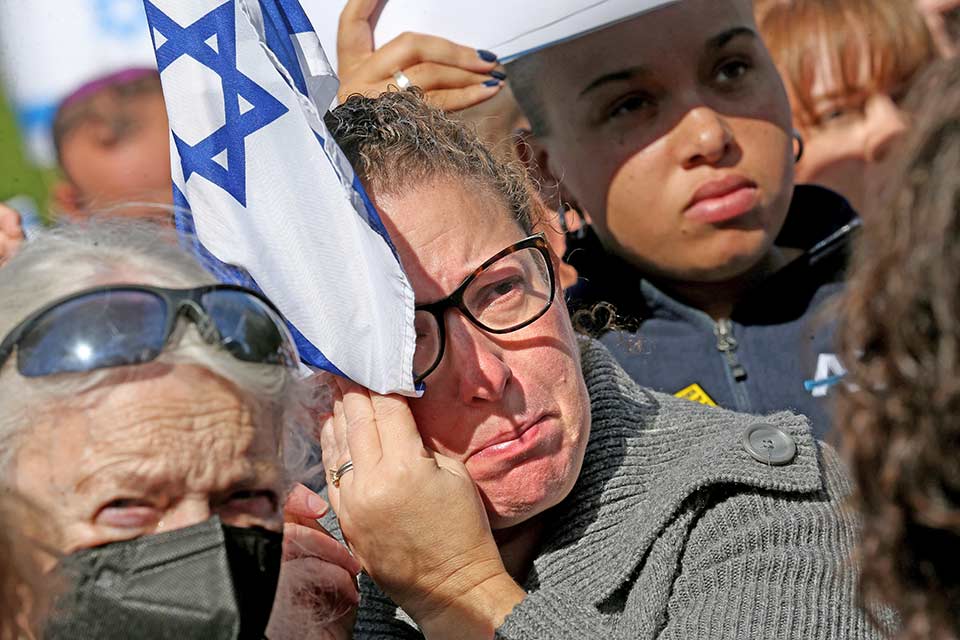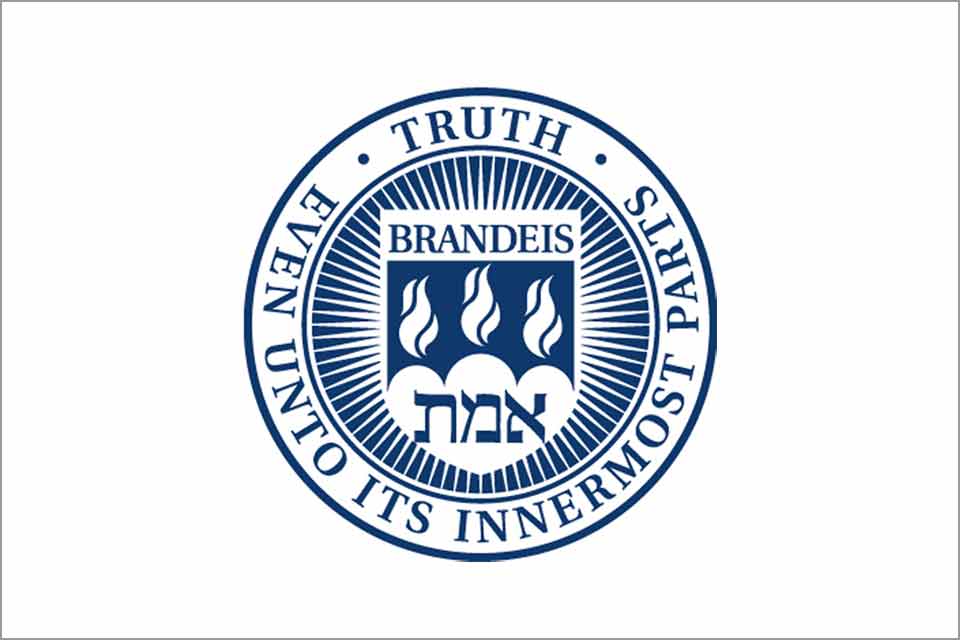'The awful harvest of the hatred that has been afoot in the world'
Professor Yehudah Mirsky's reflections from Israel in the wake of the Hamas attacks
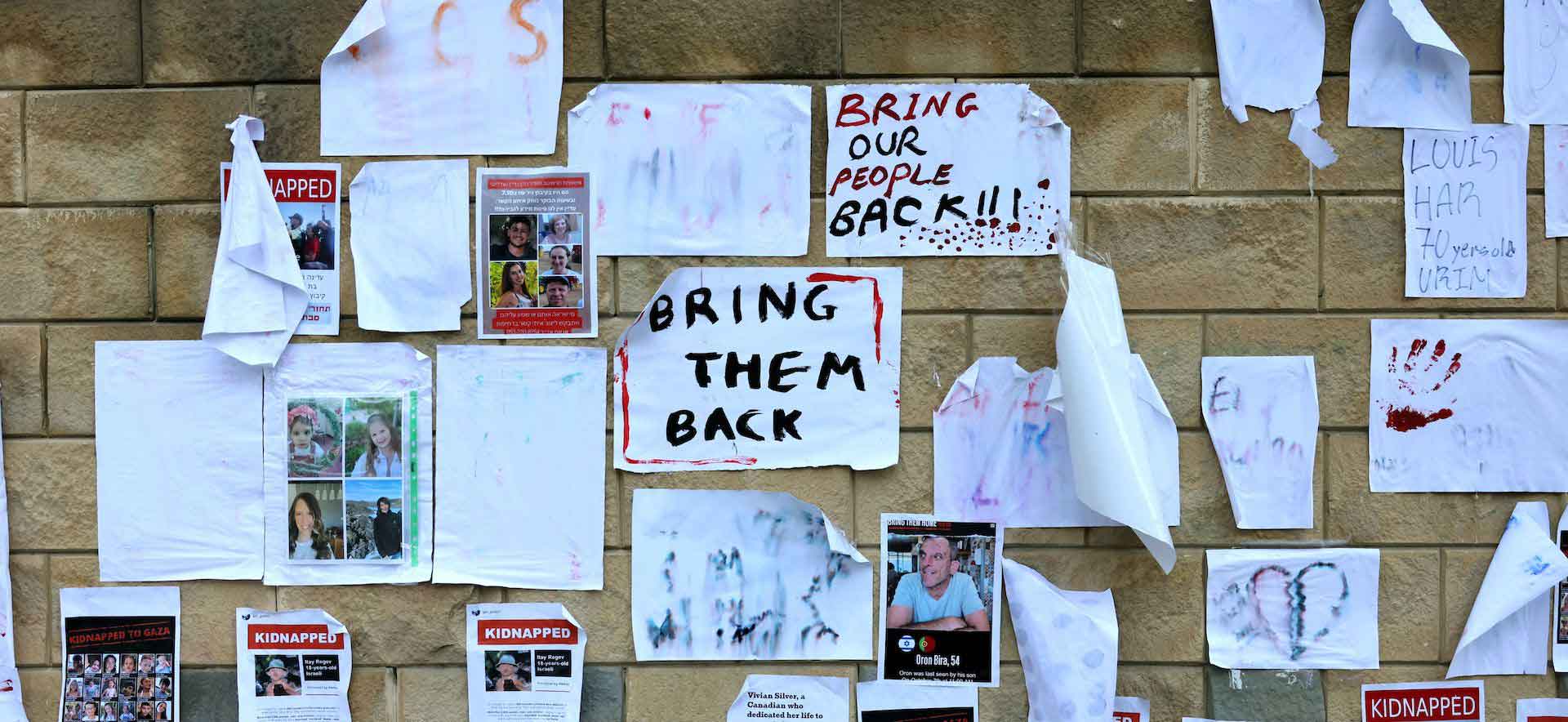
Photo Credit: AHMAD GHARABLI/AFP via Getty Images
By Yehudah Mirsky
October 17, 2023
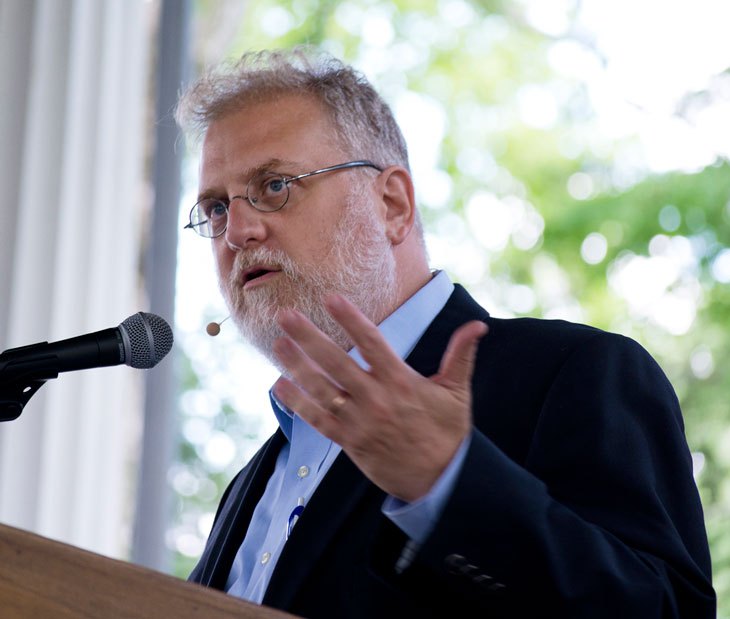
Professor Yehudah Mirsky
Professor of Near Eastern and Judaic Studies Yehudah Mirsky was in Israel on Saturday, October 7, during the violent attack by Hamas terrorists. Below are his personal reflections on what happened and their implications for Israeli society and politics.
Mirsky is a faculty member at the Schusterman Center for Israel Studies, worked as a special advisor in the U.S. State Department’s human rights bureau during the Clinton Administration, and author of “Rav Kook: Mystic in a Time of Revolution.”
We were awakened on Shabbat morning by sirens and entered a changing world.
My immediate family and I are doing okay. Our older daughter is doing a pre-army year at a women’s yeshiva, where they had Torah reading and celebrated Simchat Torah in their bomb shelter. [Simchat Torah is a Jewish religious holiday celebrating the Torah, the first five books of the Hebrew Bible.]
My wife, Tamar, and our younger daughter were at home in our shelter room with a visiting niece, a registered nurse, paramedic, sign language translator — and cancer survivor — who now has her hands full.
The sense of shock is overwhelming, in many ways worse than the Yom Kippur War of 1973. The surprise, the civilian casualties — and atrocities — and the massive crisis of trust in the present government.
You have heard about [Stoll Family Professor Emeritus in Israel Studies] Ilan Troen’s daughter and son-in-law. [Deborah and Shlomi Matias were shot to death early on Oct. 7 in their home in Beersheba, Israel, by Hamas.]
Also among those killed on Oct. 7 was Hayim Katsman, the son of an old friend of mine and a highly promising young scholar of religious nationalism and peace activist who saved others in his last moments. Hersh Goldberg-Polin, a friend’s son from our synagogue, was at the music festival. He was maimed and abducted to Gaza.
Ironically, the communities near Gaza are left and center-left politically. People we know there have been deeply involved in peace and coexistence work, and some of them were killed, too.
What is likely happening to the kidnapped Israelis being held by Hamas in Gaza is too awful to think about.
One of my nephews is in the army, has been in combat for several days, and lost close friends. Another, a reservist and grad student in brain science, has also gone into combat around Gaza, where, sadly, he fought in 2014.
The stories of atrocities on Saturday, October 7, beggar the imagination.
And many innocents, Israeli and Palestinian, will be suffering greatly in the coming months. It’s just so awful.
As some of you know, for the past months, I’ve been deeply involved in the democracy protest movement, in particular the Jerusalem wing. Over Sukkot [a Jewish holiday celebrating the fall harvest], we organized nationwide dialogues.
“There’s no turning away from the horrors here. And even now, Jewish morality has to guide us, especially as Israel’s assault on Gaza nears. Many innocents will be in harm’s way, all too many because that is exactly where Hamas wants them to be.”
Yehudah Mirsky
My key impression was that Israeli society has tremendous solidarity at the grassroots level and profound gulfs of mutual fear and distrust at the dimensions of political parties, institutions, and larger socio-political currents.
And so, the last few days have seen a truly astonishing mobilization of civil society, mutual help, and assistance.
Just to give you an idea: On Wednesday morning, I participated in a Zoom meeting of Jerusalem-based bereavement counselors. (I’m ordained as a rabbi and was a Red Cross chaplain after 9/11.)
This is one of just thirty groups in Jerusalem alone under the umbrella of a local humanitarian organization, with volunteers working on transportation needs (civil and military), food drives, equipment (civil and military), psychological counseling, social services, babysitting, housecleaning for families whose members have been called up for duty, and, critically, housing for evacuees. I’ve been involved in fundraising for Jerusalem youth hostels; the city’s realtors have banded together to make vacant apartments available to refugees from the South.
It is just astounding and hopeful.
Still, it will be a long and frightening haul ahead.
There’s no turning away from the horrors here. And even now, Jewish morality has to guide us, especially as Israel’s assault on Gaza nears. Many innocents will be in harm’s way, all too many because that is exactly where Hamas wants them to be.
We are seeing the awful harvest of the hatred that has been afoot in the world, the crises of the rule-based order in so many places. The issues have distinctive dimensions everywhere, but the larger moral questions of how we are supposed to live — not as ideologues or consumers, but as thinking and feeling human beings — are everywhere shared.
Times like these do, for me, drive home the importance and stakes of the work we are trying to do in our teaching and writing. How we try, through the scholarly tools we have, to understand people different from us in the past and today on their own terms while holding onto our own moral compass.
And, in the case of Judaic Studies, to keep alive the breathtaking riches of Jewish history and learning, for our own sakes, for the sake of their offering some of the most powerful chapters in human thought and experience, and for all they have to teach us today.
